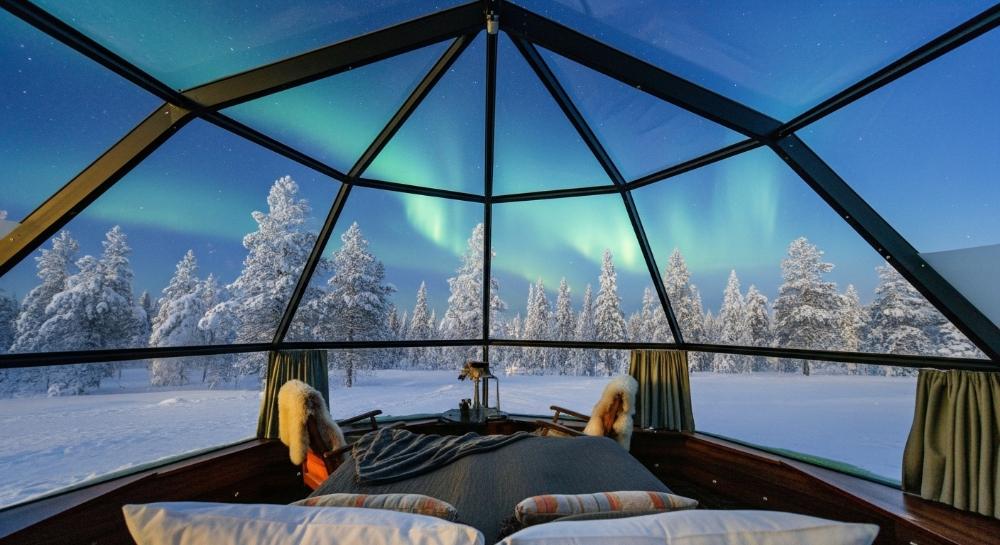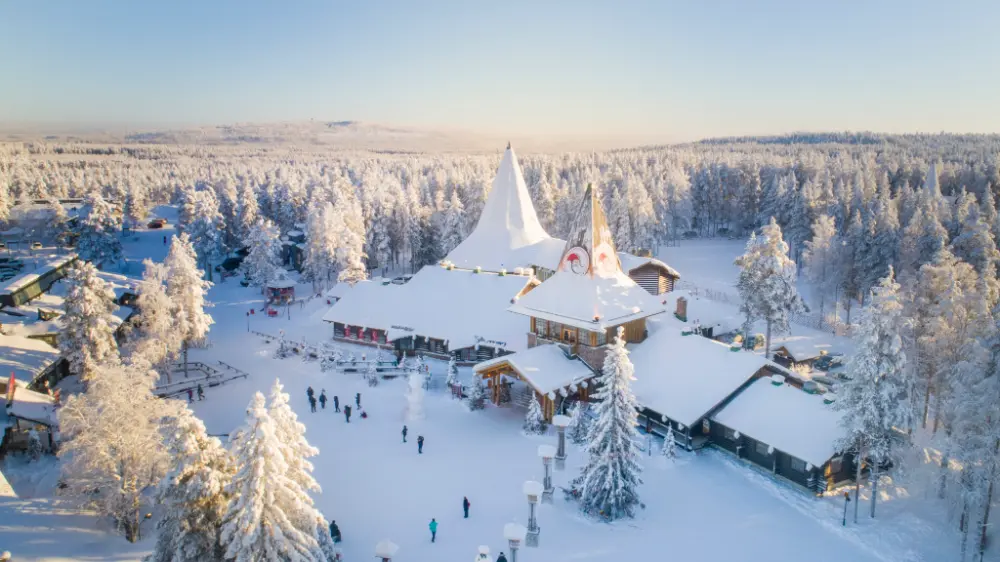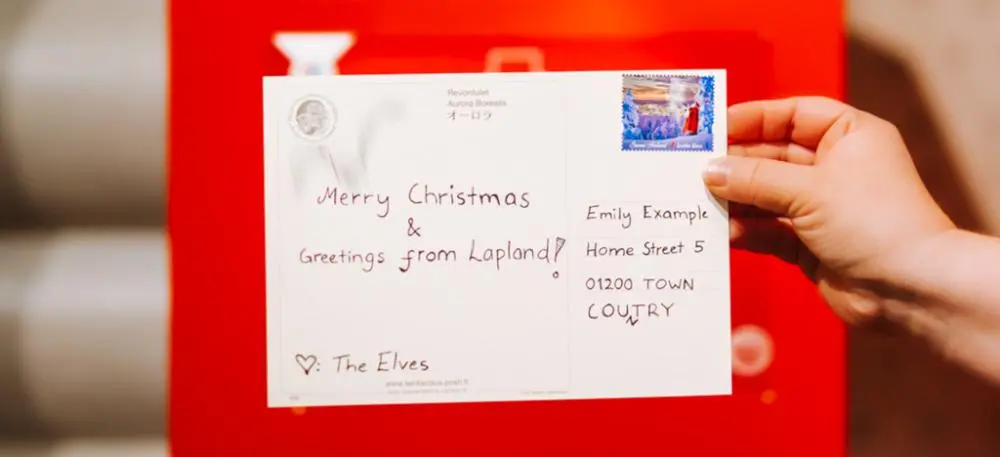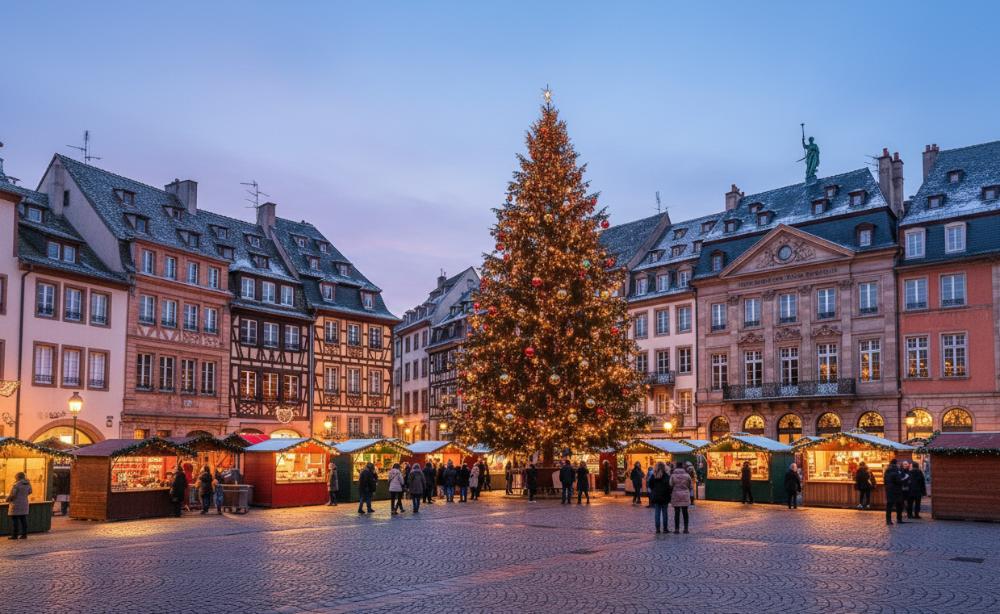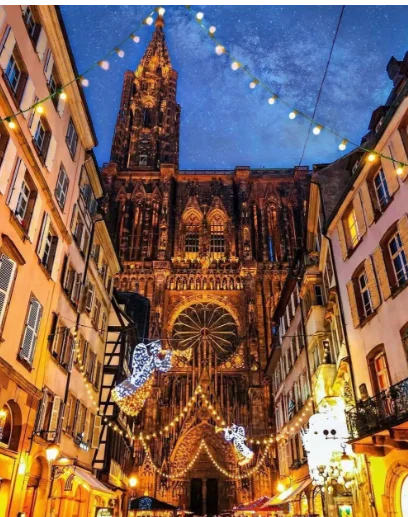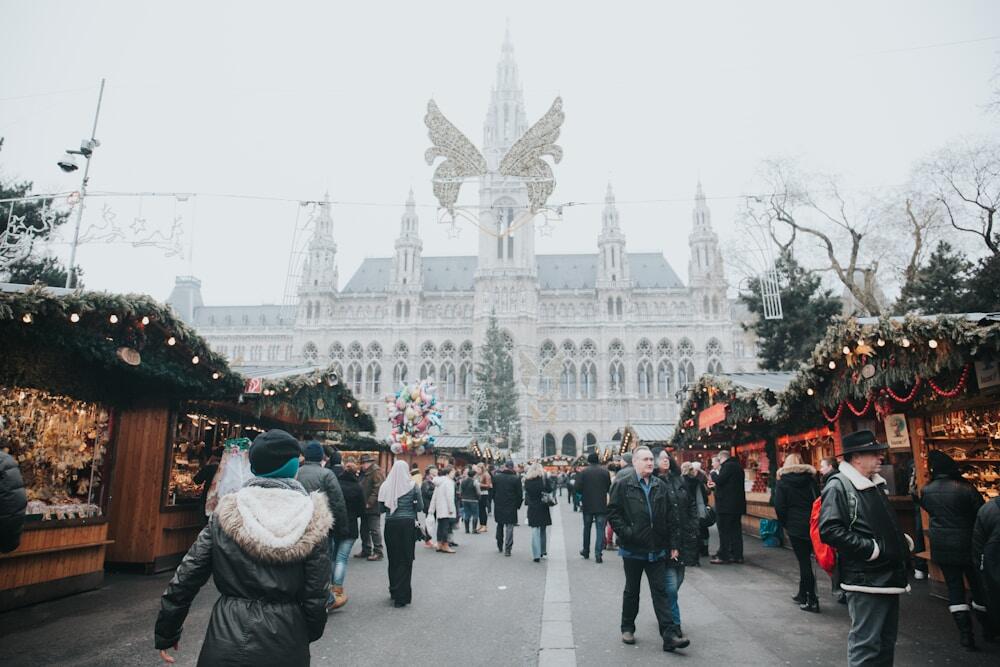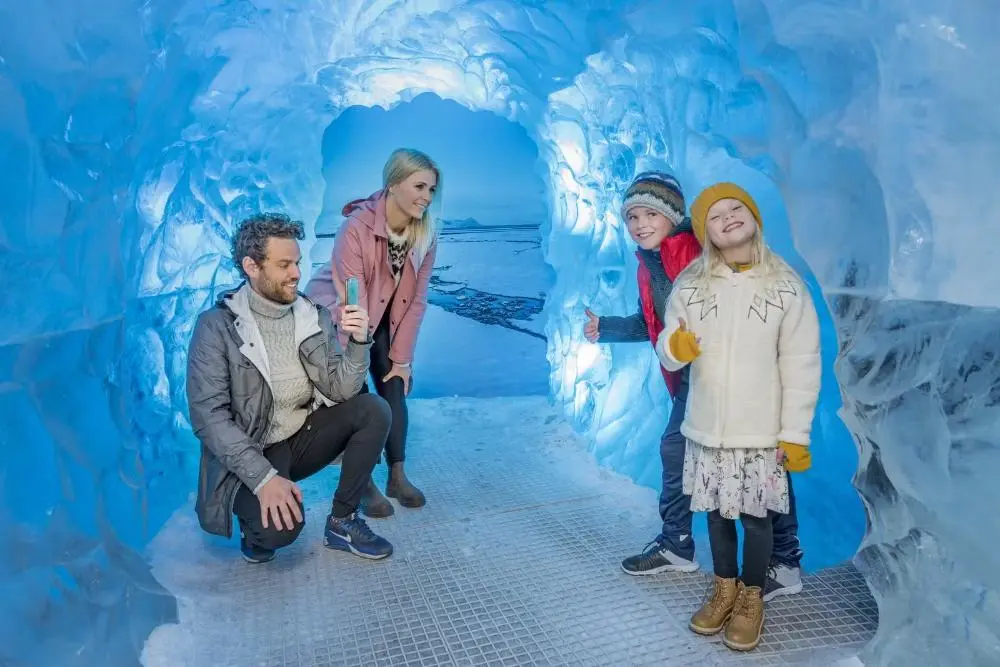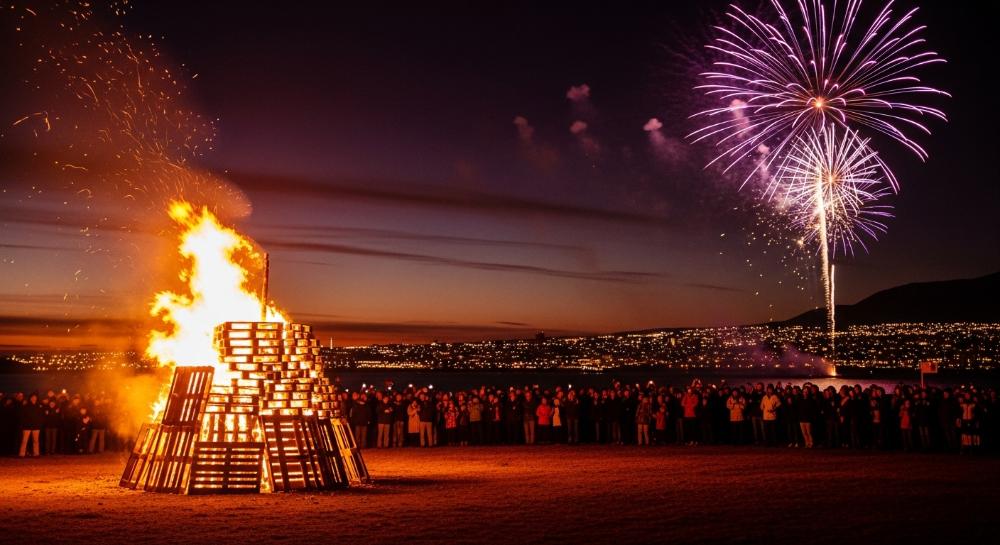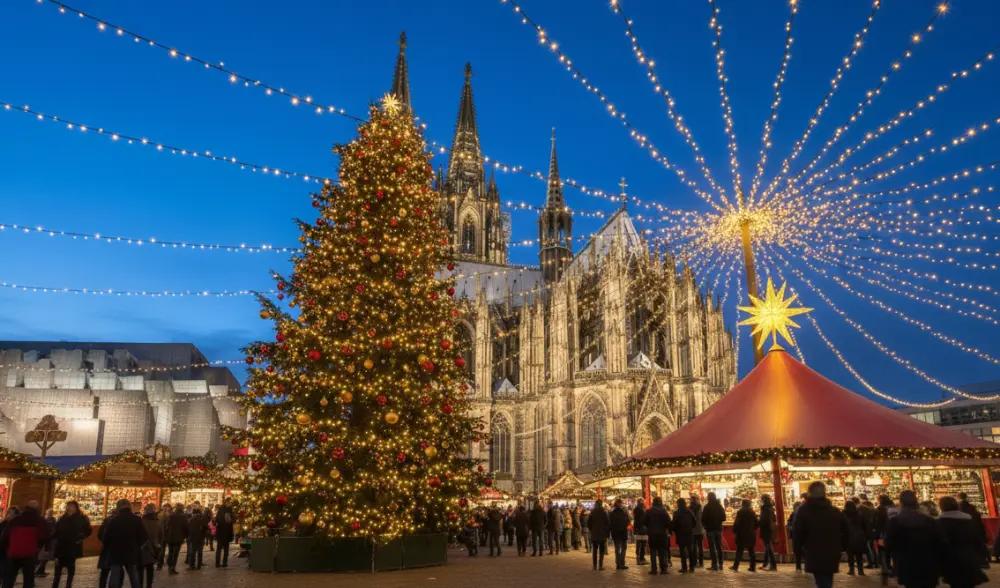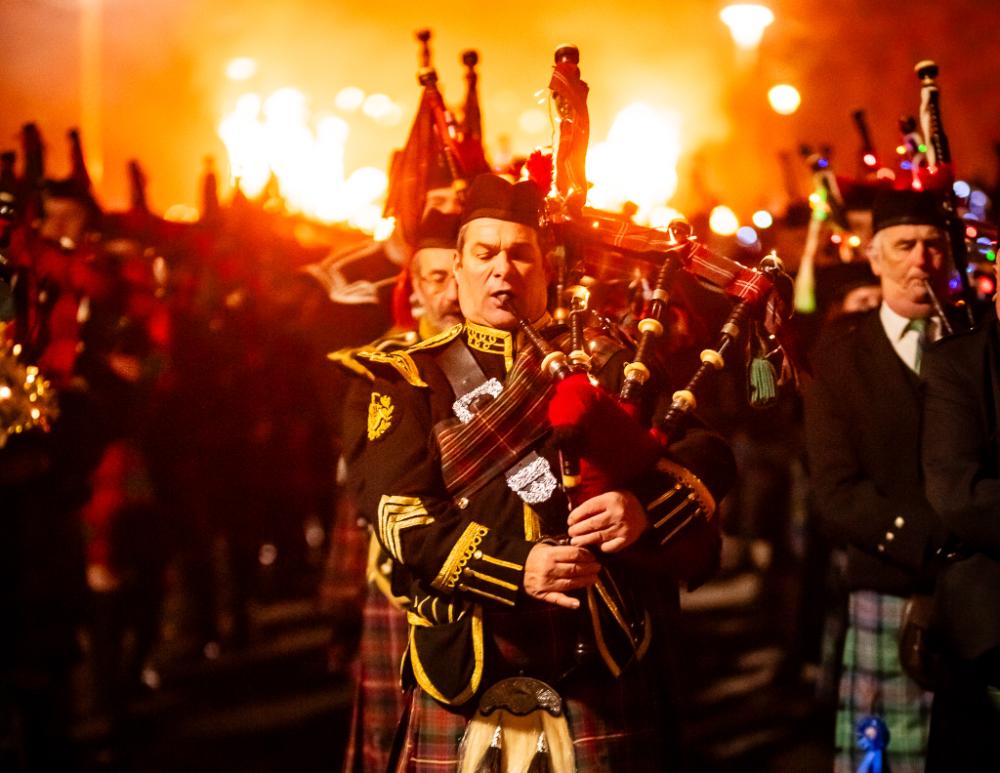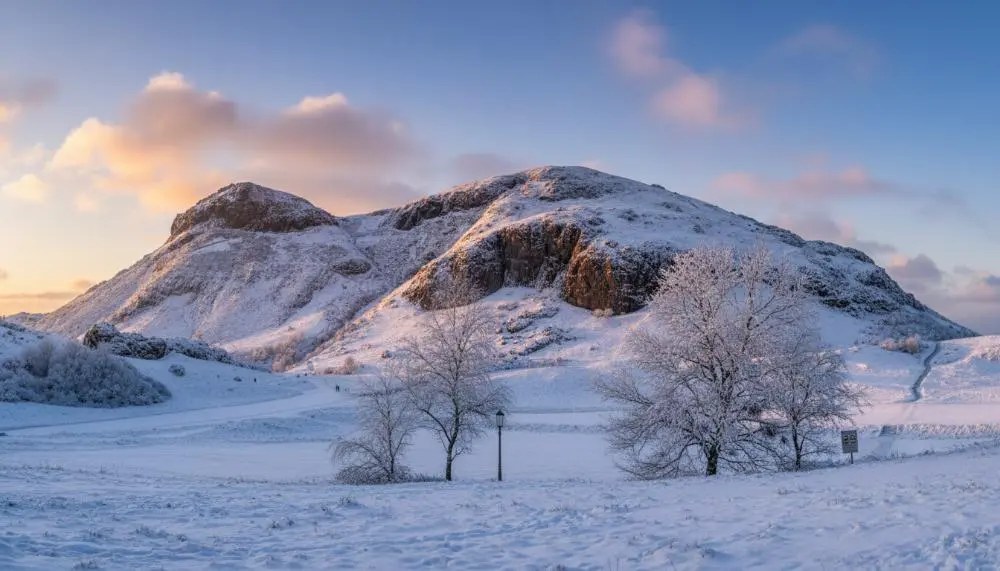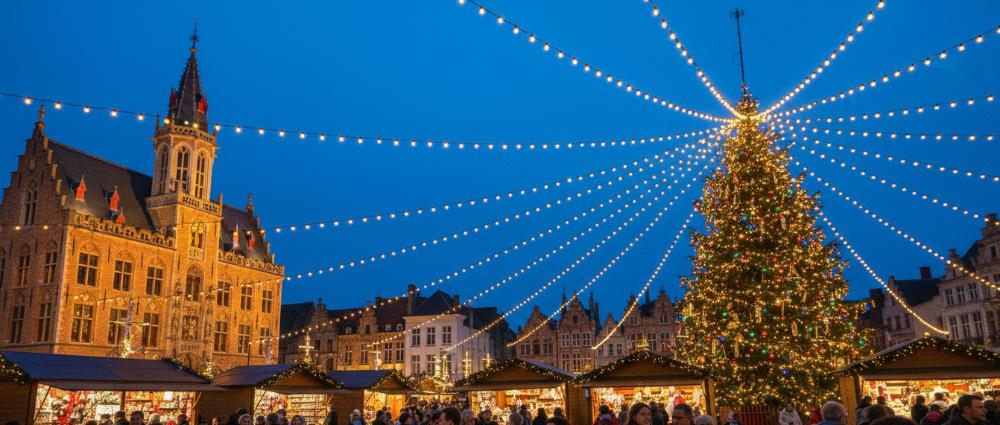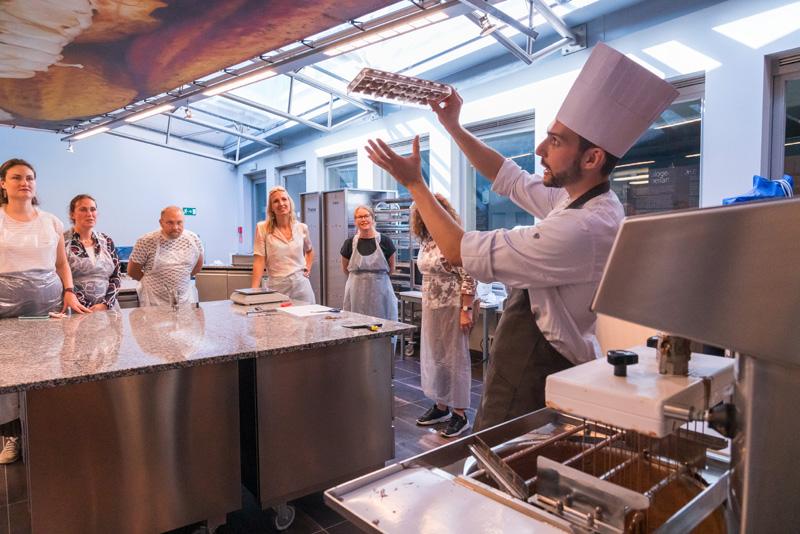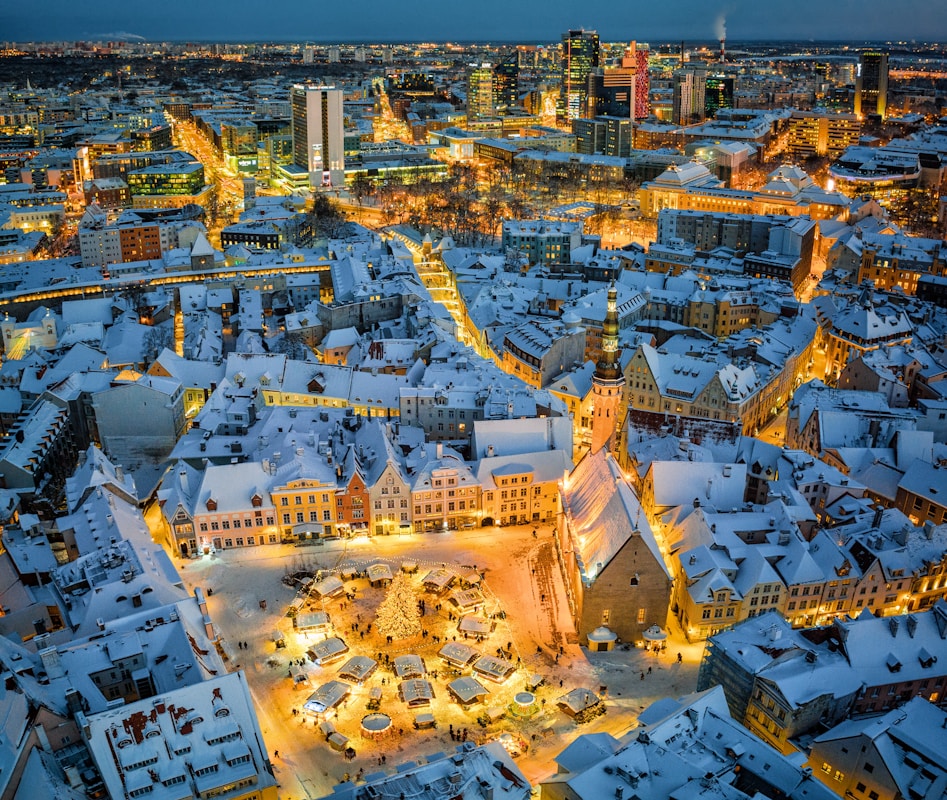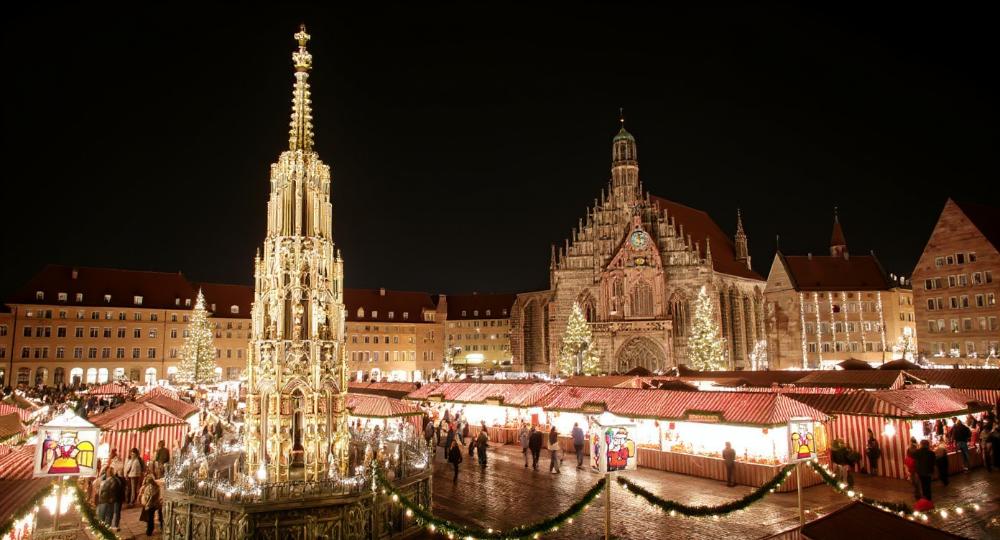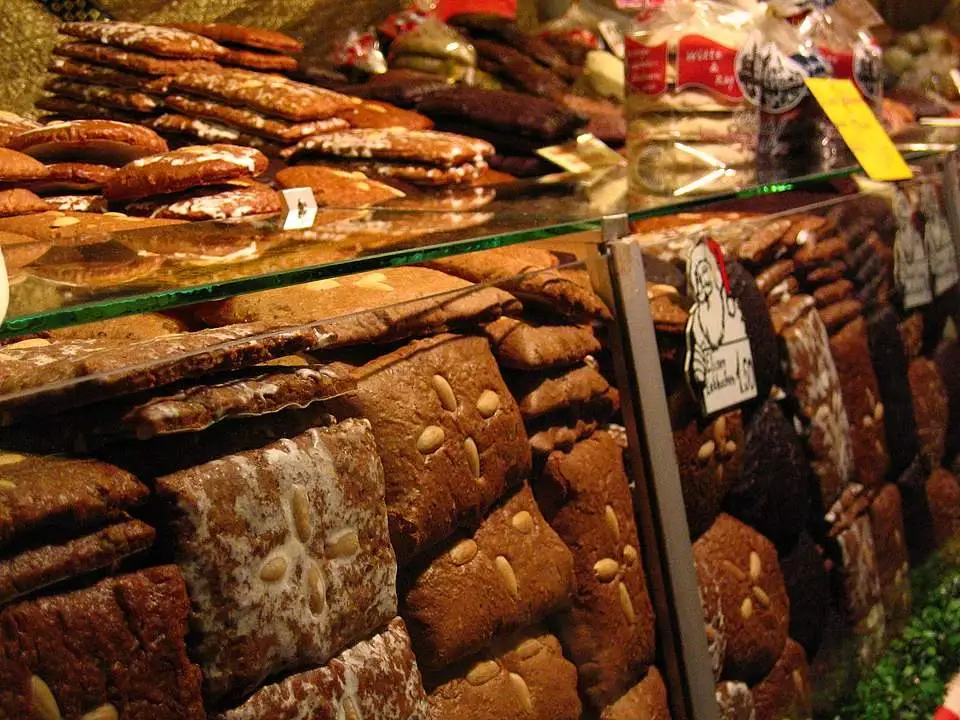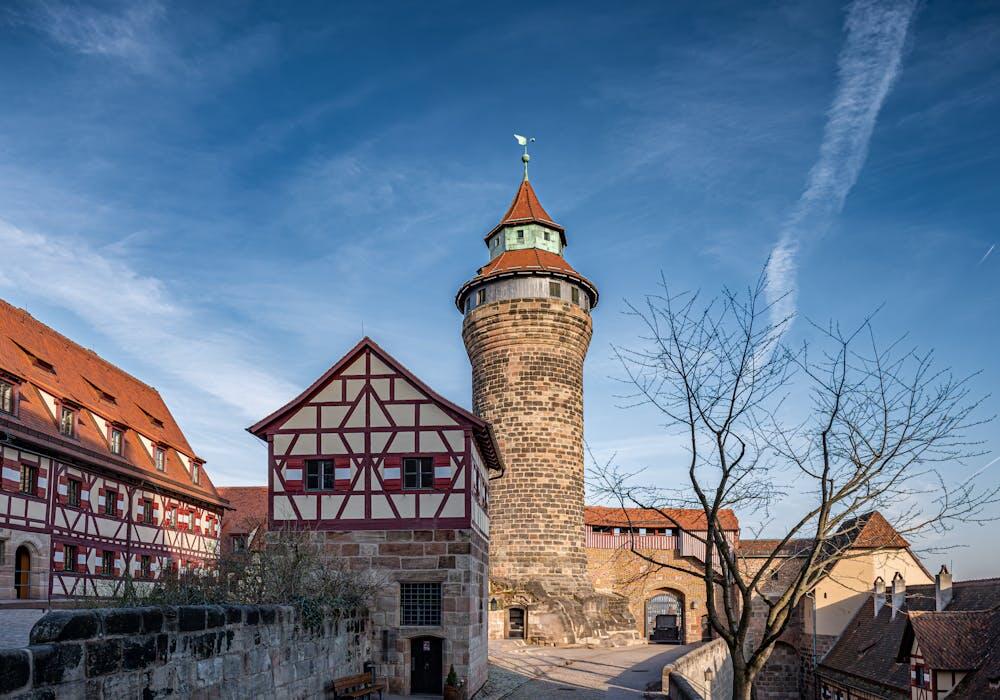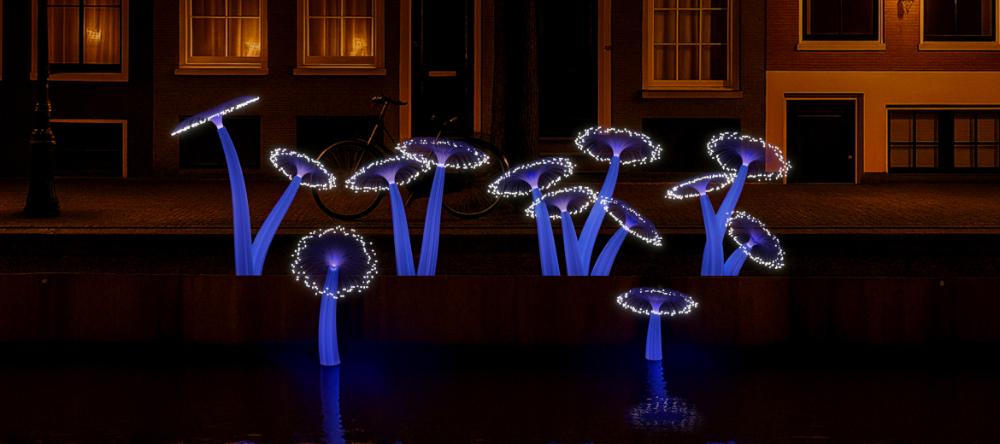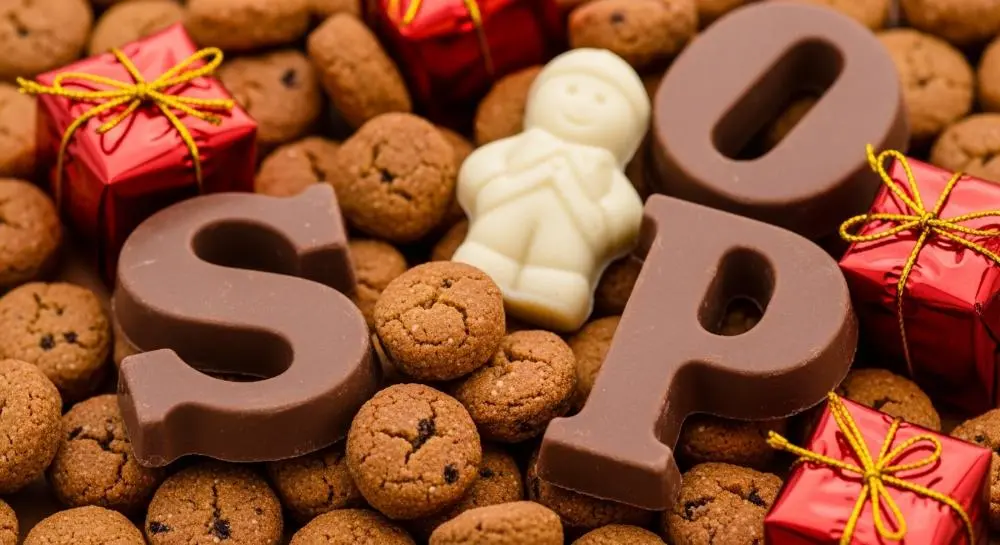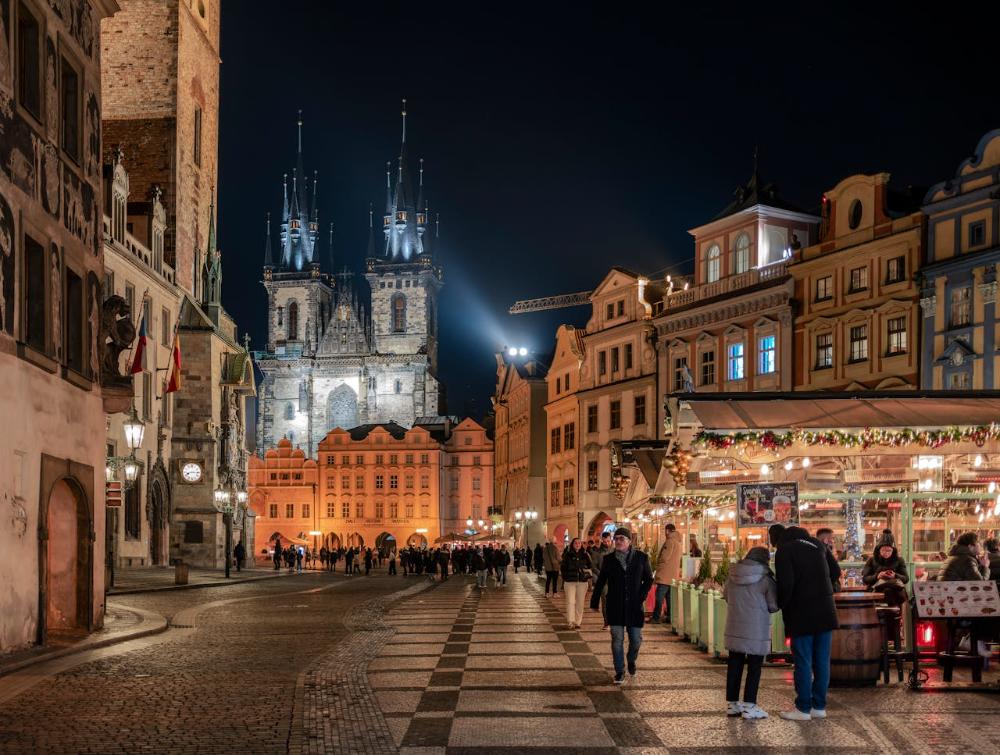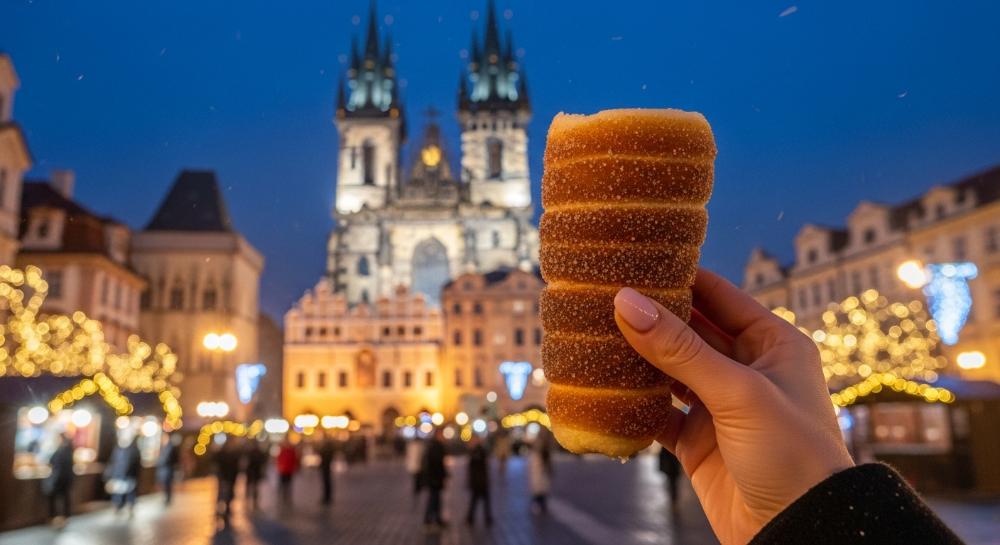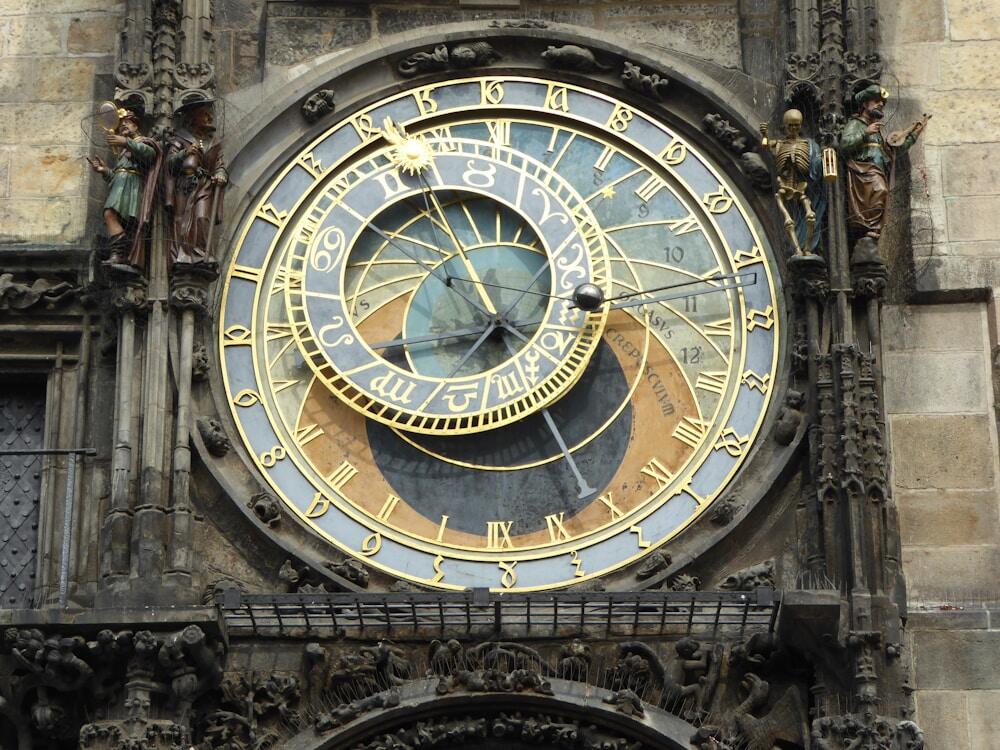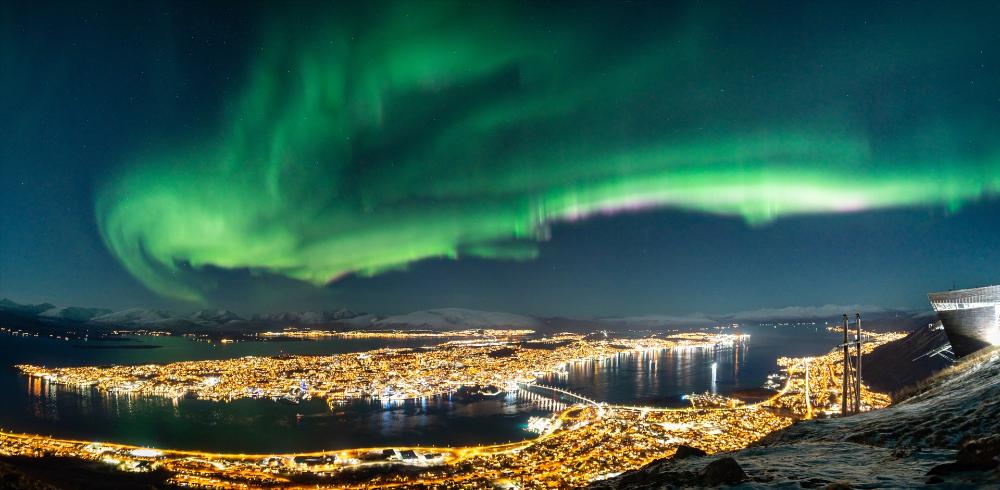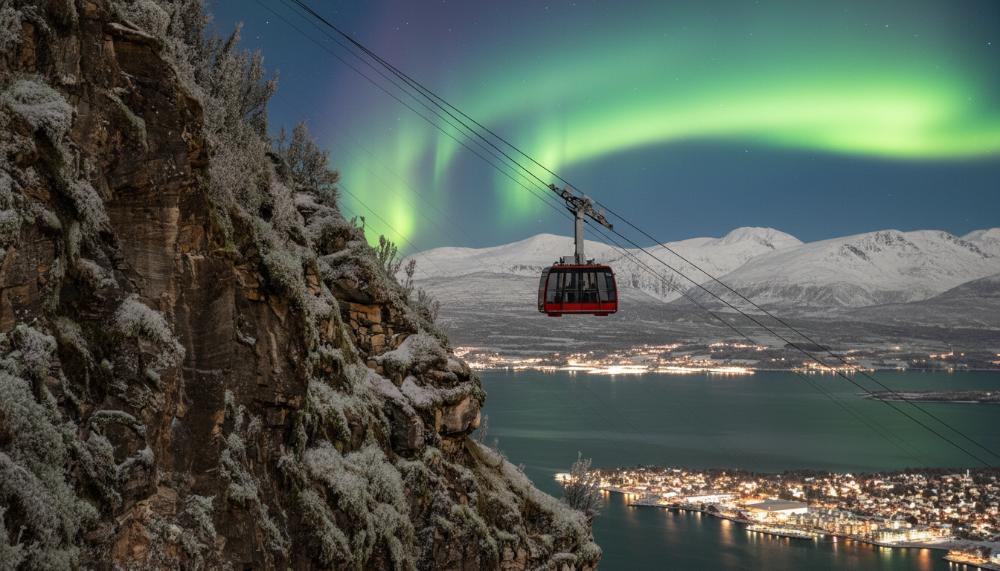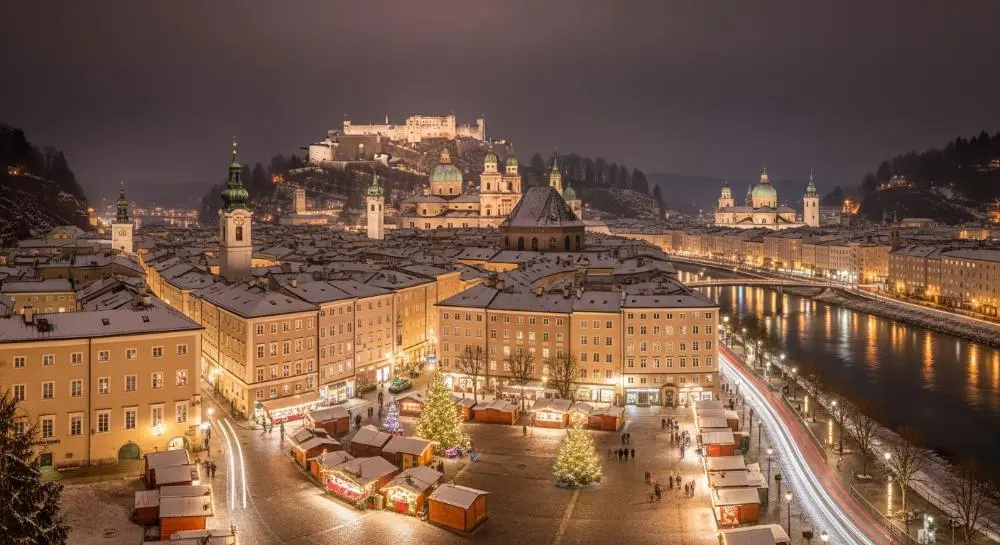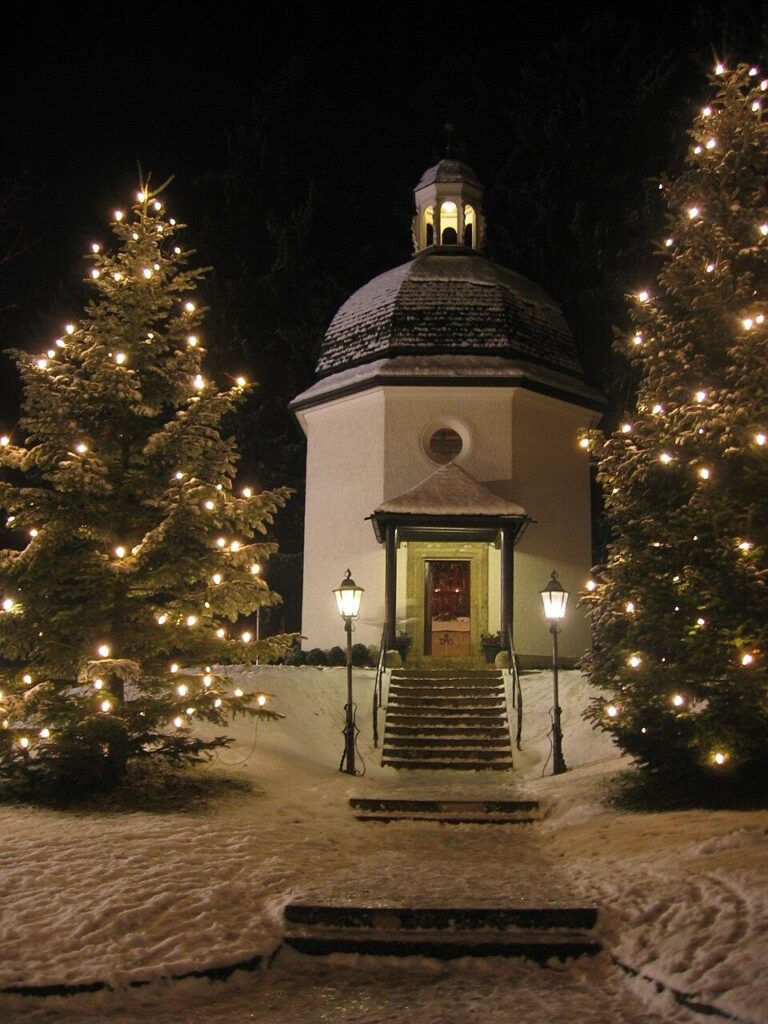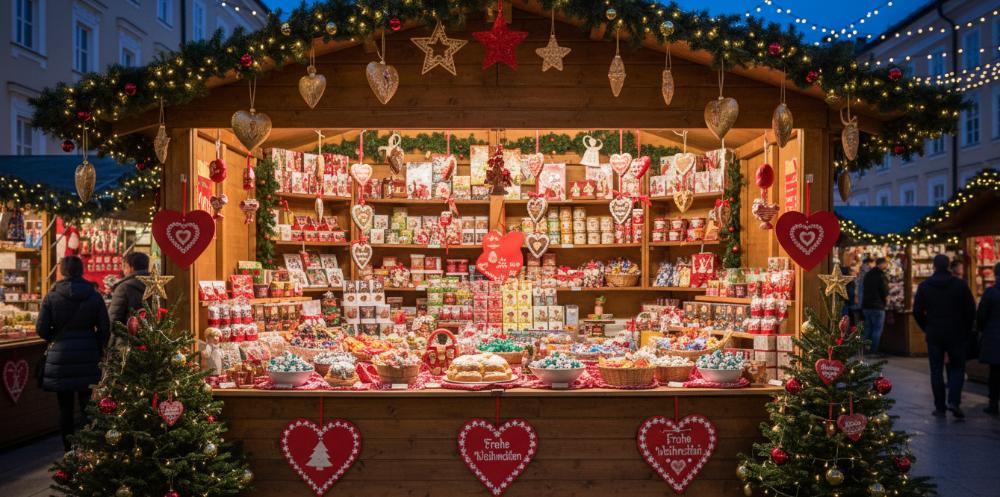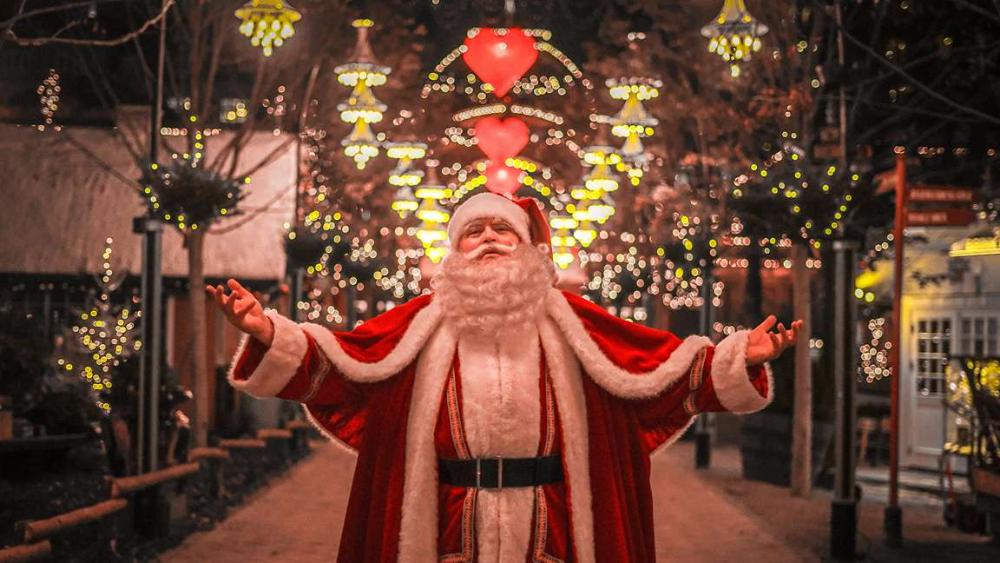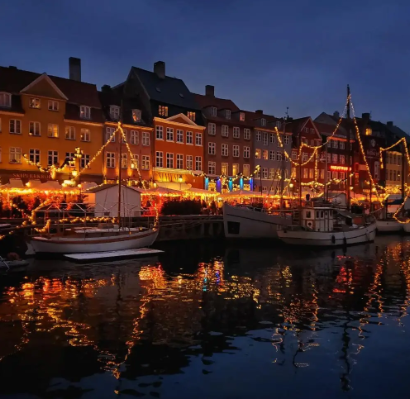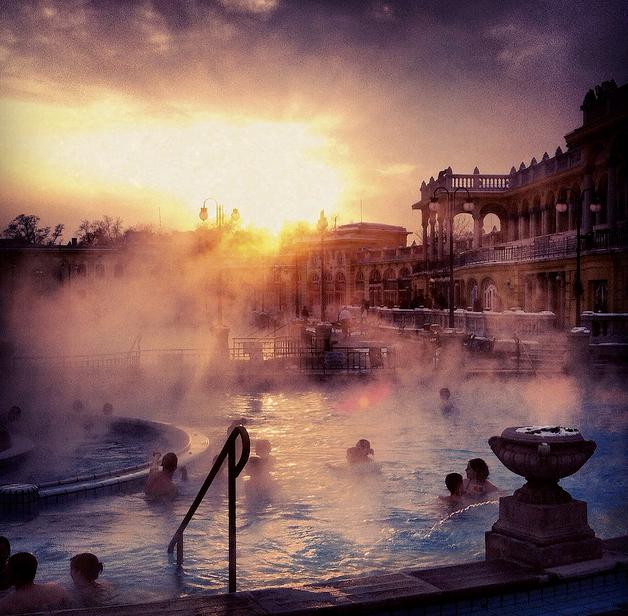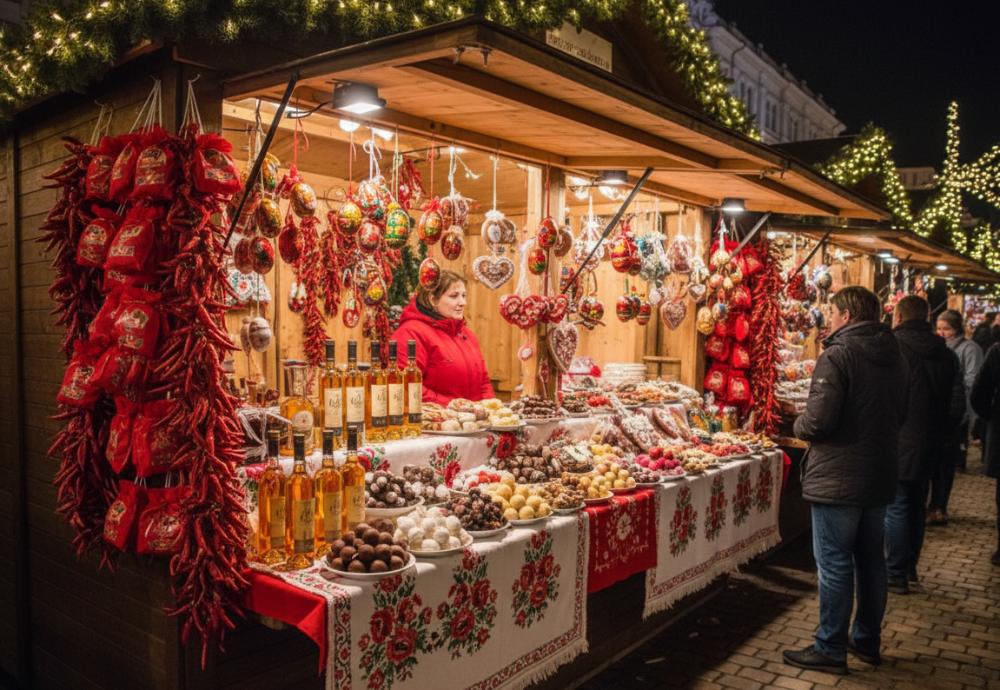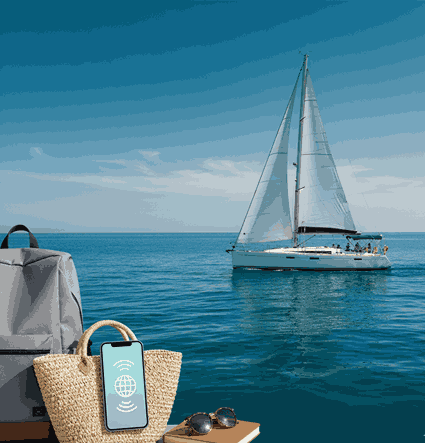December in Europe hits different. You’ve got the Northern Lights going crazy in the Arctic, Christmas markets that have been running since medieval times, and winter festivals that only happen when it’s properly cold and dark.
- 1. Rovaniemi, Finland
- Arctic Circle crossing ceremonies
- Peak Northern Lights viewing conditions
- Santa Village exclusive December events
- Tip
- 2. Strasbourg, France
- Cathedral light illuminations at dusk
- 3. Vienna, Austria
- Traditional Christmas ball season in Vienna
- 4. Reykjavik, Iceland
- Ice cave formations peak season
- Iceland’s New Year’s Eve bonfire
- 5. Cologne, Germany
- 6. Edinburgh, Scotland
- Hogmanay festival preparations
- Arthur’s Seat solstice sunrise
- 7. Bruges, Belgium
- Bruges Chocolate workshop seasonal editions
- 8. Tallinn, Estonia
- Medieval Old Town winter market in Talinn
- 9. Nuremberg, Germany
- Lebkuchen baking season peak
- Medieval castle winter tours
- 10. Amsterdam, Netherlands
- Sinterklaas to Christmas transitions
- Ice skating on frozen canals
- 11. Prague, Czech Republic
- 12. Tromsø, Norway
- Polar night experiences
- 13. Salzburg, Austria
- Silent Night chapel pilgrimage
- Alpine Christmas market atmosphere in Salzburg
- 14. Copenhagen, Denmark
- 15. Budapest, Hungary
- Vörösmarty Square market traditions
- Read more
These 15 places aren’t random, pretty cities with some lights strung up. They’re spots where December is THE month to visit because of once-a-year events, peak conditions for certain activities, or traditions that only make sense in the deepest part of winter.
1. Rovaniemi, Finland
Rovaniemi sits right on the Arctic Circle, and December here means 20-hour nights, reindeer everywhere, and the legitimate home of Santa Claus.
The city transforms into a winter wonderland that feels like walking into a snow globe. While tourists flood here year-round, December brings exclusive events and experiences you literally can’t get any other month.
Arctic Circle crossing ceremonies
The Arctic Circle runs right through Rovaniemi at 66°33’N, and they’ve turned crossing it into a proper event. At Santa Claus Village, you can get an official certificate for crossing this magical latitude.
Location Details
Here’s what most people miss: book the Arctic Circle crossing ceremony at sunrise (around 11 am in December) when the light hits the marker just right.
The official photographer charges €30 for a photo package, but you can take your own shots at the indoor and outdoor crossing points. The underground passage has a glass ceiling showing the exact Arctic Circle line illuminated in blue.
Peak Northern Lights viewing conditions
December gives you 20 hours of darkness for aurora hunting, with solar activity typically peaking between 9pm and 2am.
| Aurora Viewing Stats | December Data |
|---|---|
| Dark hours | 20 per day |
| Clear sky probability | 35% |
| Aurora activity peak | 9pm-2am |
| Average temperature | -15°C |
| Best viewing spots | Vikajärvi Lake (15km north of Rovaniemi) |
Santa Village exclusive December events
The main Santa Claus Office operates year-round, but in December, it adds exclusive elements that make the experience truly magical. Private meetings with Santa run €50 for 10 minutes, including a video.
Tip
By booking the 9 am slot, you get extra time before crowds arrive, and Santa’s not tired yet from seeing 500 kids.
December-only events include the Elf School workshops (€45, includes diploma), where kids learn toy-making techniques.
The midnight post office opening on December 23rd, where letters get the special Arctic Circle postmark. The post office processes 500,000 letters yearly, but only in December letters get the hand-stamped golden seal.
2. Strasbourg, France
Strasbourg’s Christmas market is the oldest, dating back to 1570. The city becomes the “Capital of Christmas” with 300+ chalets spread across 12 locations. But December here goes beyond the markets. You’re getting Alsatian wine traditions, cathedral light shows that use projection mapping technology from this decade on 12th-century stone, and artisan workshops that only run these four weeks.
The main market spreads across Place Kléber and Place de la Cathédrale, operating daily 11 am to 8 pm (Fridays until 9 pm, weekends until 10 pm) from November 24 to December 24. While tourists pack the cathedral square, the market has actually spread to 12 different locations throughout the city.
Cathedral light illuminations at dusk
The Cathédrale Notre-Dame light show runs every 15 minutes from 5pm to 10pm throughout December. The 15-minute projection uses 3D mapping to make the Gothic facade appear to rebuild itself, tell nativity stories, and transform into a giant Advent calendar. While everyone crams into the main square, the best viewing spot isn’t there at all.
The Galeries Lafayette terrace (34 Rue du 22 Novembre) offers free access, plus they serve vin chaud up there for €4. Take the elevator to the 3rd floor and follow the signs to the panoramic terrace.
3. Vienna, Austria
Vienna in December becomes the imperial Christmas capital it was always meant to be. The Habsburgs knew how to celebrate winter, and their palaces still host the same concerts and balls they threw 200 years ago.
Add in Europe’s most elegant Christmas markets, the preparation for the world-famous New Year’s Concert, and enough classical music to soundtrack your entire trip, and you understand why December is peak Vienna.
Traditional Christmas ball season in Vienna
Vienna’s ball season technically starts on November 11, but December brings the authentic traditional balls before the tourist circus begins in January. These are actual balls with opening ceremonies, midnight quadrilles, and formal protocols dating to the 1800s.
| Advent Ball | Dec 9 | Rathaus | €75 |
| Christmas Ball | Dec 16 | Hofburg | €120 |
| Winter Ball | Dec 21 | Kursalon | €95 |
| Silvesterball | Dec 31 | Hofburg | €290 |
The Hofburg Silvesterball on December 31 (tickets €290 at hofburgsilvesterball.com) includes dance lessons at 7 pm before the 9 pm opening. Even if you’ve never waltzed, the instructors will have you ready for the opening ceremony.
4. Reykjavik, Iceland
Reykjavik in December means dealing with just 4 hours of daylight, and the city has turned this darkness into a feature, not a bug. The winter solstice becomes a celebration, Christmas lasts 13 days with 13 different Santa figures, and New Year’s Eve here is completely unhinged in the best way. Plus, December’s long nights give you maximum Northern Lights opportunities while soaking in geothermal pools.
Ice cave formations peak season
December ice caves reach their most stable and beautiful state before any spring melt begins. The crystal-blue ice formations are at their clearest. Perlan museum runs an indoor ice cave exhibition
The Vatnajökull ice caves only form properly by December, when temperatures have been cold enough for long enough.
Iceland’s New Year’s Eve bonfire
December 31st in Reykjavik is absolutely mental. The evening starts with 90+ community bonfires across the city beginning at 8:30 pm.
These áramótabrennur (New Year’s fires) burn away the old year’s troubles. The biggest bonfire is at Ægisíða, but locals go to the Laugardalur bonfire – easier parking and better views of the fireworks that come later.
5. Cologne, Germany
Cologne hosts 7 Christmas markets simultaneously, each with its own personality. The city’s Gothic cathedral provides the backdrop for the main market, but December here means more than markets.
You’re getting Rhine cruises through illuminated bridges, winter beer releases from breweries that have been operating since the Middle Ages, and organ concerts in one of Europe’s most stunning cathedrals.
Each of Cologne’s seven official markets has a different theme and vibe. The main Cathedral Market (Domplatte) operates 11 am-9 pm weekdays, 10 pm weekends, but here’s the complete breakdown of which ones actually deserve your time:
- Markt der Engel (Neumarkt): Local artisans only, prices 30% lower than the cathedral
- Harbour Christmas Market (Imhoff): Next to the chocolate museum, the only one with heated tents
- Stadtgarten: “Heavenue” LGBTQ+ market, better DJs, open until 11 pm nightly
- Medieval Market (Rudolfplatz): Staff in period costume serve mead heated over open fires
Entry to all markets is free. Budget €20-30 per market if you’re eating and drinking at each.
6. Edinburgh, Scotland
Edinburgh in December builds up to the biggest New Year’s party on the planet. Hogmanay is a multi-day festival that makes Times Square look tame. But December here offers more than the party. You’re getting whisky distilleries doing special cask tastings, Arthur’s Seat sunrise hikes on the winter solstice, and a city that knows how to do dark, cold nights right.
Hogmanay festival preparations
Edinburgh’s Hogmanay officially runs December 30-January 1, but events start December 27 with traditional ceilidh dancing lessons in preparation. The Torchlight Procession on December 30 creates a river of 20,000 fire-carriers flowing down the Royal Mile. Torches cost £16. Join at Parliament Square by 6:30pm for the 7pm start.
The Street Party on December 31 requires tickets (£33.50) and sells out by early December. But here’s what locals know: Castle Street stays free access with live music from 9 pm. For fireworks viewing, skip the paid areas and head to Calton Hill, free entry, but arrive by 10 pm or you won’t get near the summit.
Arthur’s Seat solstice sunrise
The December 21st sunrise at 8:42 am from Arthur’s Seat has become an Edinburgh tradition. The 251-meter extinct volcano offers 360-degree views, and catching the year’s latest sunrise from the summit is magical.
Start hiking from the Holyrood Palace car park at 7:45 am to reach the top in time. The Salisbury Crags route is easier in winter conditions but takes longer.
7. Bruges, Belgium
Bruges in December becomes the medieval winter fairy tale it was always meant to be. The canals might freeze (50/50 chance), the medieval squares fill with ice sculptures, and chocolate shops create special Christmas editions you can’t get any other time.
The city’s Gothic architecture looks best dusted with snow and lit by thousands of lights reflecting off the water.
Bruges Chocolate workshop seasonal editions
December brings out special Christmas chocolate workshops that don’t run any other time. The Chocolate Line (Simon Stevinplein 19) teaches Belgian Christmas chocolate making in their December-only workshops. €65 gets you 2.5 hours where you make and keep 20 pieces using techniques passed down through generations.
Choco-Story Museum (Wijnzakstraat 2) offers something different: early morning workshops at 8am before the museum opens to the public. €45 includes museum entry later, and you learn to make traditional Saint Nicholas figures using molds from the 1700s. You work in the actual museum kitchen, not a classroom.
8. Tallinn, Estonia
Tallinn’s Old Town looks like someone built a Christmas village and forgot to take it down for 600 years. The Estonian capital claims Europe’s first public Christmas tree back in 1441.
December here mixes medieval traditions with remnants of Soviet-era celebrations. Add Baltic Sea winter spa culture and marzipan workshops, and you’ve got a December destination that’s completely unique.
Medieval Old Town winter market in Talinn
Tallinn’s Christmas market in Town Hall Square (Raekoja plats) has run continuously since 1441, making it officially Europe’s oldest. Open 10am-7pm weekdays, until 8pm weekends, from November 17 to January 7. The central Christmas tree tradition literally started here – they’ve erected one annually for 582 years.
While tourists photograph the tree, locals head to specific stalls. Stall 23 sells wild boar sausages from Saaremaa island (€7) using the same family recipe for six generations. The mulled wine (glögi) at stall 31 includes Estonian sea buckthorn (€4), which gives it a distinctive orange color and tart finish you won’t find anywhere else.
9. Nuremberg, Germany
Nuremberg’s Christkindlesmarkt is the prototype that other German Christmas markets copy. But December in Nuremberg goes deeper than the market.
This is the gingerbread capital of the world, where lebkuchen recipes are protected like state secrets. Medieval castle tours by torchlight, 40+ varieties of glühwein, and traditions dating back to the Holy Roman Empire make this the most authentically German Christmas experience possible.
Lebkuchen baking season peak
December is peak lebkuchen season, when bakeries that have been preparing since September finally release their best products.
Medieval castle winter tours
Nuremberg Castle transforms in December with special torchlight tours that don’t run any other time. Friday and Saturday at 6 pm, groups ofa maximum of 25 explore the castle by flame.
€12 including mulled wine served in the Imperial Chapel where Holy Roman Emperors once prayed. €3.50 extra on your regular castle ticket, and December’s the only time they show how the ice house actually worked.
10. Amsterdam, Netherlands
Amsterdam in December trades its usual bike chaos for something more magical. The canals become galleries for light installations, the entire city decorates for both Sinterklaas and Christmas, and if you’re incredibly lucky, the canals freeze for natural ice skating.
The Amsterdam Light Festival transforms the UNESCO World Heritage canal ring into an open-air gallery from December 1 to January 21. Twenty-five light artworks line a 7 km route, best viewed between 5 pm and 10 pm, when the pieces are illuminated. Walking is completely free, just grab a route map from amsterdamlightfestival.com and start at the Stopera (city hall/opera house).
Sinterklaas to Christmas transitions
December 5 is Sinterklaas Eve, which is actually bigger than Christmas for Dutch kids. Watch the final parade at Leidseplein starting at 5 pm: thousands of people singing traditional songs.
Then witness something unique: after December 6, the entire city flips overnight from Sinterklaas to Christmas. Markets that didn’t exist on December 5 suddenly appear at Museumplein and Rembrandtplein on December 7.
Ice skating on frozen canals
Canals need five consecutive days below -4°C to freeze thick enough for safe skating. When it happens (maybe once in December if you’re lucky), the entire city basically shuts down for “natuurijs” skating.
11. Prague, Czech Republic
Prague in December looks like the fairy tale city it claims to be. Snow dusts the castle, the medieval astronomical clock performs special solstice shows, and the Old Town Square Christmas market creates a scene straight from a snow globe.
The Old Town Square market runs November 26 to January 6, operating 10 am-10 pm with food stalls staying open until midnight. The massive Christmas tree (usually from the Krkonoše Mountains) gets lit on December 1 at 4:30 pm with a free concert until 6 pm.
While tourists queue for overpriced trdelník at the main stalls, locals know the good stuff. The stand next to St. Nicholas Church still makes trdelník over actual wood fires – they’re the only ones. 60 CZK plain, 100 CZK with ice cream filling.
The famous Astronomical Clock does its “Walk of the Apostles” show every hour from 9am to 11pm, but December brings special additions. On December 21 (winter solstice), they add a 15-minute astronomical demonstration at noon showing how medieval astronomers calculated seasons. Free to watch from the square.
For 250 CZK, climb the clock tower for the mechanism room tour at 2 pm daily. December visitors get mulled wine at the top, and if you time it right for 4pm, you’ll watch sunset over the castle while the clock performs below. The tower elevator only fits 2 people, so expect waits.
12. Tromsø, Norway
Tromsø in December means total darkness: the sun doesn’t rise from November 27 to January 15. But this Arctic city has turned perpetual night into an advantage.
The polar night creates perfect Northern Lights conditions, the blue twilight at midday looks like another planet, and experiencing dog sledding or reindeer feeding in complete darkness at 2 pm is surreal. This is December at its most extreme.
Polar night experiences
The sun stays completely below the horizon for the entire month, but you get 2-3 hours of blue twilight around noon that photographers call the “blue hour.” The city embraces this with “Polar Night Week” December 15-22, featuring free concerts, lectures about Arctic life, and guided walks explaining how locals handle two months without sun.
Fjellheisen cable car (Solliveien 12) stays open until 1 am throughout Decembe,r specifically for Northern Lights viewing. 230 NOK return ticket, runs every 30 minutes.
13. Salzburg, Austria
Salzburg in December becomes the Sound of Music winter wonderland everyone imagines Austria to be. But more importantly, this is where “Silent Night” was written and first performed in 1818.
The city takes its Christmas music heritage seriously. Mozart was born here, after all. Between the Alpine setting, authentic Advent traditions, and music history at every corner, December here feels like stepping into a classical Christmas album cover.
Silent Night chapel pilgrimage
The original Silent Night Chapel in Oberndorf (20 minutes from Salzburg) is where “Stille Nacht” was first performed on Christmas Eve 1818.
The tiny chapel holds services at 5 pm on December 24, sung in multiple languages. Entry is free, but arrive by 3:30pm or you’ll be standing outside listening through speakers. Buses run every 30 minutes from Salzburg Hauptbahnhof for €5.60.
Alpine Christmas market atmosphere in Salzburg
Salzburg runs 5 different Christmas markets. Hellbrunn Palace market opens only weekends 10am-8pm, but worth the trip for the setting alone.
Free shuttle from Mirabellplatz every 30 minutes. They project a giant Advent calendar on the palace facade, each day in December reveals new animations. Kids can feed the palace’s deer, who come right up to the fence.
14. Copenhagen, Denmark
Copenhagen invented hygge, and December is when this cozy concept makes total sense. The city gets just 7 hours of daylight, so Danes have perfected the art of making darkness delightful.
Tivoli Gardens becomes a winter wonderland, every café glows with candles, and the Christmas markets serve gløgg so strong it’ll make you forget it’s 2°C and raining. This is Christmas the Scandinavian way: stylish, sustainable, and seriously cozy.
Location Details
The 80-meter Star Flyer offers the best views – ride it at dusk (3:30pm in December) to see all Copenhagen’s Christmas lights switching on. 90 DKK per ride, or get the 289 DKK unlimited pass. The wooden roller coaster runs with 50,000 lights synchronized to Christmas music, completely ridiculous and absolutely worth it.
| Tivoli December Highlights | Time | Cost | Insider Tip |
|---|---|---|---|
| Star Flyer at dusk | See the lights turn on | 90 DKK | Watch from the Chinese pagoda |
| Friday fireworks | 3:30 pm | Free with entry | Best spots near the main stage |
| Christmas parade | 9:45 pm | Free with entry | Front car for the best view |
| Roller coaster light show | Every hour | 90 DKK | Front car for best view |
Nyhavn’s colorful 17th-century harbor houses look like they were built for Christmas cards.
The Christmas market here runs smaller than Tivoli but with free entry. Daily 10 am – 8 pm from November 10 to December 31. The wooden stalls sell actual Danish crafts, not mass-produced souvenirs.
15. Budapest, Hungary
Budapest in December offers something you can’t get anywhere else in Europe: outdoor thermal baths in freezing weather.
Steam rises from the pools while snow falls on your head, and the city’s grand architecture looks even more imperial, lit up for the holidays. The Danube divides Buda and Pest into two different December experiences – castles and tradition on one side, ruin bars and markets on the other.
Széchenyi Thermal Bath (Állatkerti krt. 9-11) becomes surreal in December. The neo-baroque building holds Europe’s largest public bath complex, and the outdoor pools stay 38°C while air temperatures hover around freezing.
Saturday nights bring “Sparty” pool parties from 9 pm-3 am. €40-60 includes locker and welcome drink. Imagine dancing in hot water while snow falls: peak Budapest.
Vörösmarty Square market traditions
Budapest’s main Christmas market at Vörösmarty tér runs from November 10 to January 1, daily 10 am – 10 pm with food stalls until 11 pm on weekends. Try lángos (fried dough) with sour cream and cheese from the stall near the Gerbeaud café.
The craft stalls in the middle section only accept cash; the ATM is near the metro entrance. The leather goods maker in stall 47 takes custom orders. Wallet with initials costs 8,000 HUF, ready in 2 days. The kürtőskalács (chimney cake) stall near the stage makes them fresh every 20 minutes – 1,500 HUF and better than anything in Prague.
December in Europe is when you get the stuff you can’t get any other time. The polar night in Tromsø, winter solstice bonfires in Reykjavik, and Christmas markets that have been doing their thing for 500+ years. Pick one place and really dig into it, or hit a few if you want variety. The point is that December unlocks a totally different Europe, one that locals have been keeping to themselves while tourists hit the same spots in July.

